The following is an opinion piece by a concerned campus resident on the recent proposal to merge Cultural and Films and Media Council. A different take has been presented and the views are entirely of the author.
Recently, the Students’ Senate has called for opinions on the agenda item to merge the Cultural Council and the Films and Media Council.
Link to the document: http://bit.ly/1ZDiWCu
Link to the form: http://bit.ly/1JhgL3j
The proposal has been mailed and opinions have been invited till January 2nd. The proposal will become a Constitutional Amendment on January 4th if it is passed by the Senate in the meeting.
What is the importance of a proposal or a supporting document for crucial policy decisions like merger of councils?
Wholesome discussion is a must whenever a human society or institution takes important decisions, having far reaching consequences. We are blessed with an institution, Students’ Senate, where such extensive discussions can take place. Such discussions will become effective and participative only if the General Body Members must have enough information to opine. The proposal or supporting documents in the aforementioned case must make the junta have a 360 degree view of the agenda.
Issues like merger of councils are massive and very complex for a common man/woman to have opinion on without the help of experts (which in this case are the respective leaders).
It is very evident that the campus fraternity is slightly naive about massive policy decisions, particularly of the complexity of this nature. The primary aim of the leaders in this case is to make the junta aware about the points on which brainstorming is required. This also involves giving the society sufficient time for popular discussion and opinion formation. We need to be all the more inclusive and persuade students to take stand. The feedback form excellently does this but what good will it do if the people does not know about the issue comprehensively.
Clearly, this purpose stands defeated in the recent decision making process regarding the merger of Cult and FMC.
The hasty proposal (released 3 hours before the Students’ Senate meeting which happens to be the last meeting before the presentation of pre conduction report of the upcoming elections) looks incomplete and hazy, so much so that a senior faculty who also happens to be an alumni and the former dean, had the following comments:
 Let’s have a look at the proposal which has a very large font size, might as well had been written in all caps. Is there a correlation between loudness and clarity in thoughts??
Let’s have a look at the proposal which has a very large font size, might as well had been written in all caps. Is there a correlation between loudness and clarity in thoughts??
The document claims that there will be ‘unique and spectacular’ functioning of the unified Council but fails to list down any other policy rationale apart from collaboration and overlapping roles, which appears to be a myopic worldview. Avoiding substantiation and surface analysis may hamper the 360-degree thinking process of community. Remember, the councils were formed with a certain rationale, should that not be invoked lest we take a step backwards?
The problems faced by both the councils at present should be tabulated with citation of examples to which people can relate to. Who knows that someone from the institute comes up with innovative additions to the policy. Remember the role Aaron Swartz played during deliberation against SOPA in USA.
The public policy experts, if you have had a discussion with any, emphasize that implementation has to be an inherent in a policy formation and it becomes all the more important considering the close knit structure in place at IITK, between Executives and Legislature. A thought about possible bottlenecks in 1 GS 2 Head combo remains unexplored, not even an iota bit.
There are two extremes, one where we usher into a totalitarian society devoid of any popular forums and participation in governance and the other where we find all policy problems getting solved by the population and it is our efforts in present times which will determine where are we heading to.
Written by Bhanu Pratap Singh Tanwar

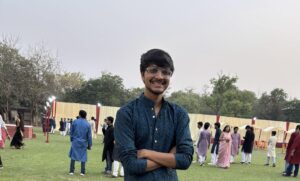

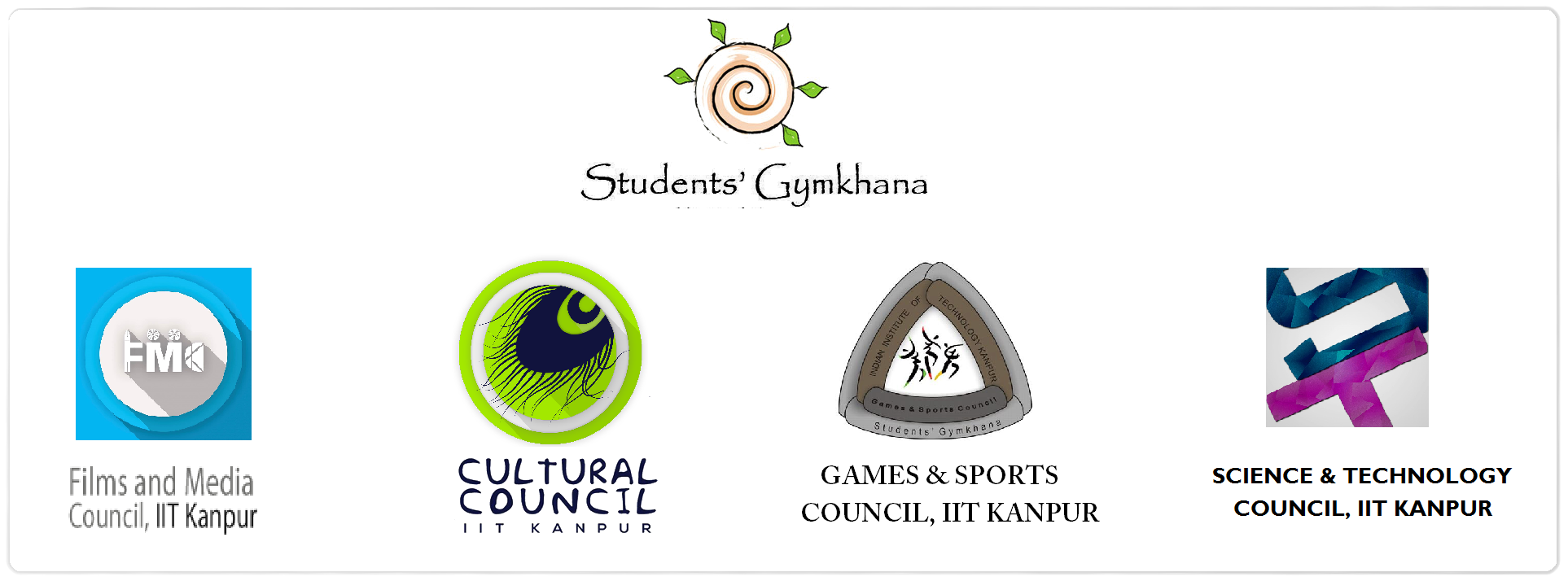
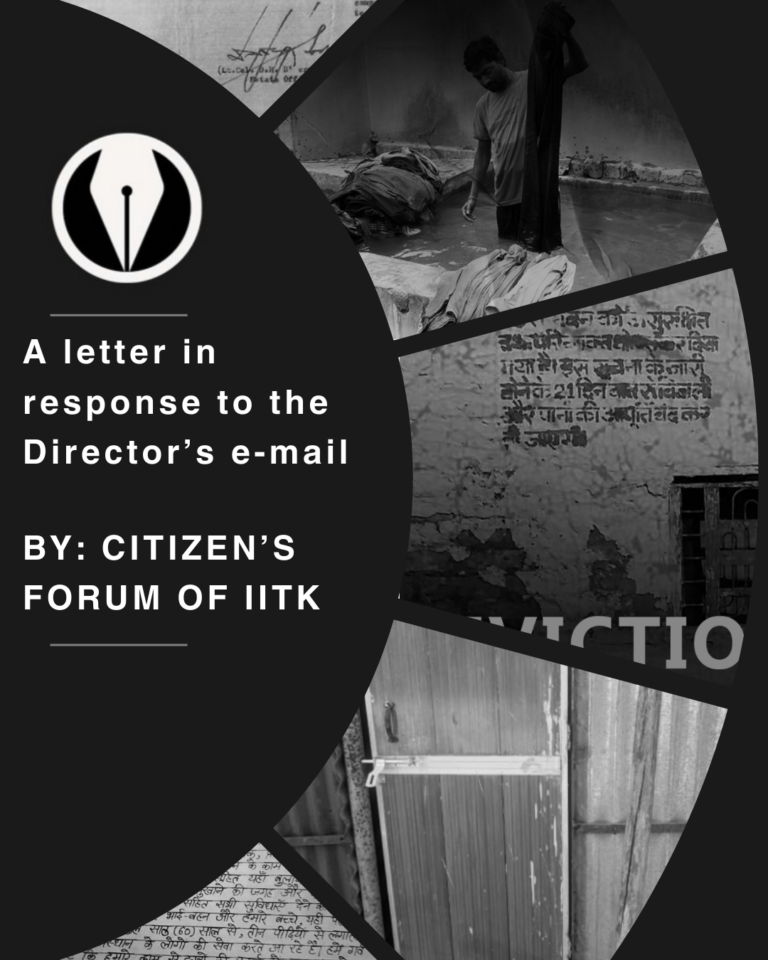
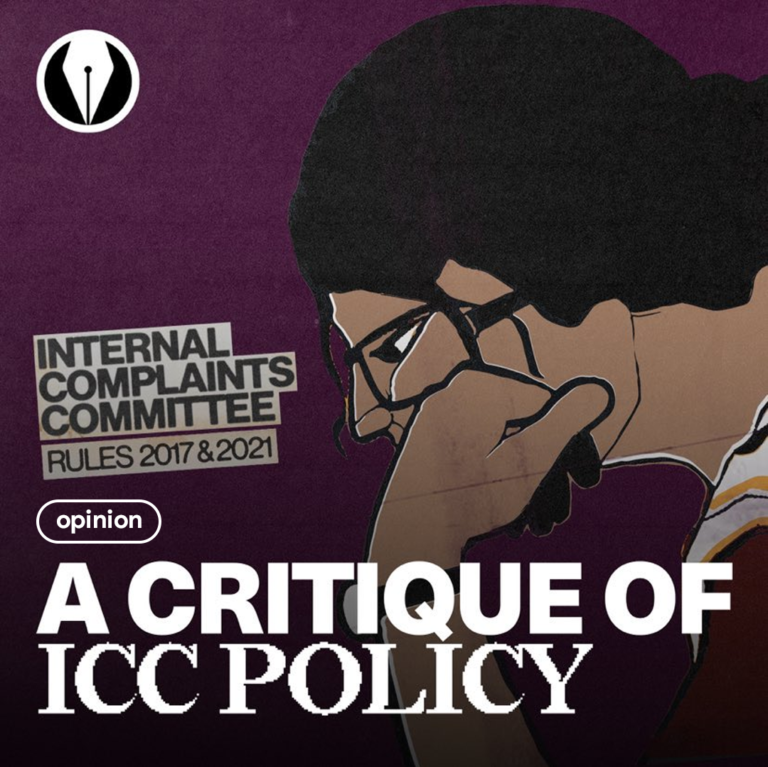


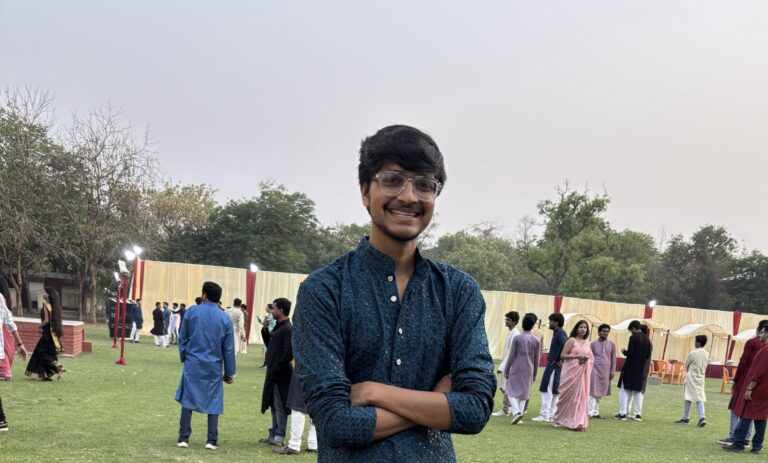
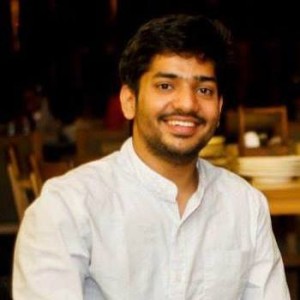
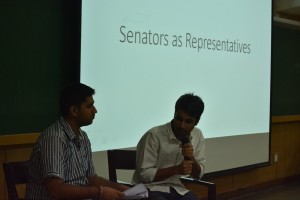
Before passing the proposal why weren’t the pros and cons (of merging) discussed with executives and secy’s of respective clubs.
Hi. I’m not exactly sure whether the present campus junta and Gymkhana Executives are aware of the cultural legacy they have inherited in the form of various councils and festivals. The contention of merger of FMC with the cultural council dates back to 2011, as far as I’m aware of. We had to convince the senators beforehand to keep both councils separate lest such a proposal was brought before the senate. The foremost reason was that there is no evidence to believe that a Cultural Secretary(CS) is better equipped to handle the affairs of clubs associated with FMC and even if he/she is skilled enough it would lead to unnecessary overburdening of the CS. Of course, several other arguments exist. The reason why I took the time to write this comment is to bring it to notice that such proposals have been mooted before too, probably due to the impetuosity of the then Gymkhana Executives. At such times it becomes the responsibility of current executive to provide compelling arguments against the same.